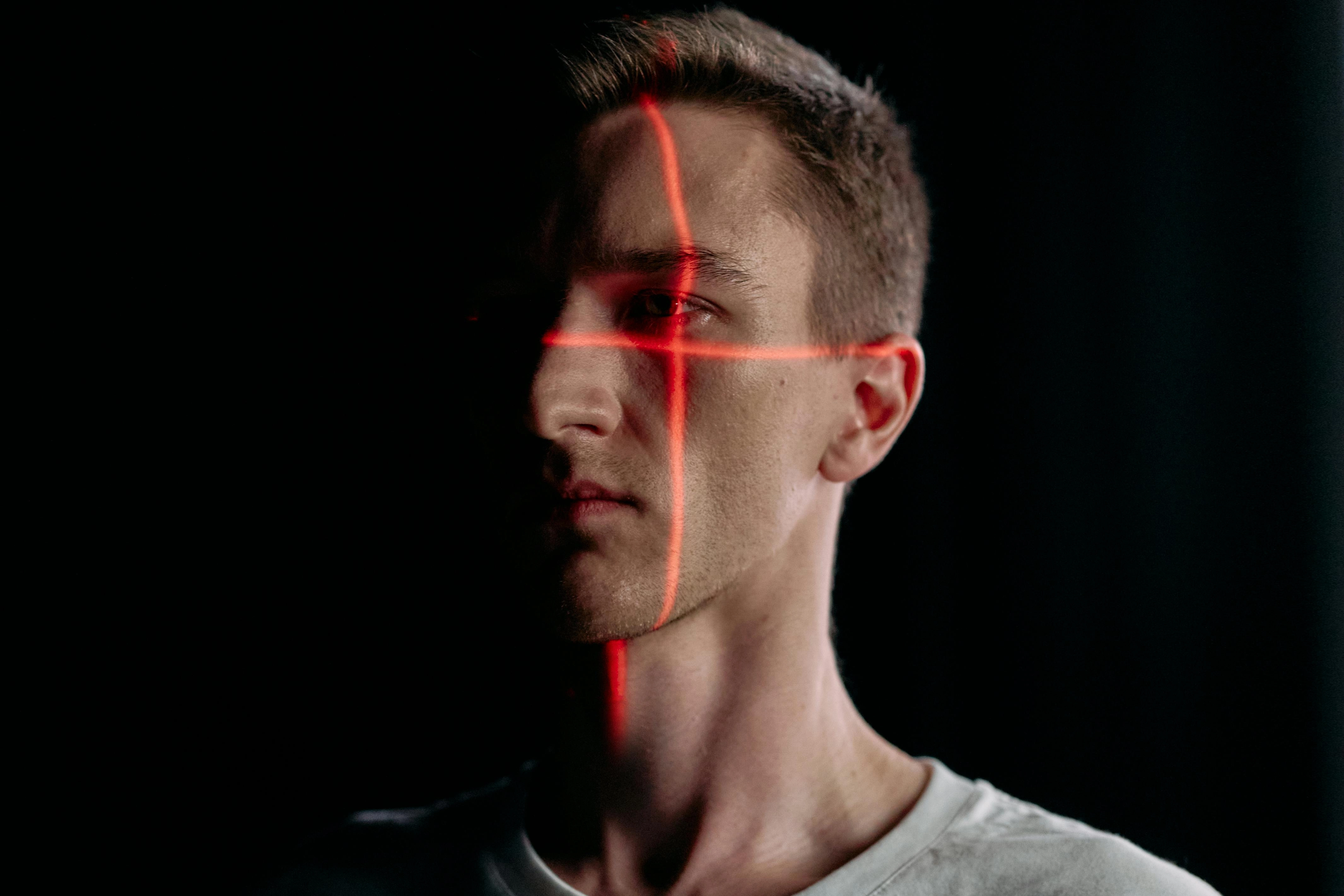The Milwaukee Police Department has come under scrutiny for a controversial arrangement involving the exchange of millions of mugshots for access to advanced facial recognition technology. This deal, which many have labeled as “shady,” raises significant ethical and privacy concerns regarding the use of such technology by law enforcement agencies. Critics argue that this practice not only commodifies personal data but also poses a risk to civil liberties, particularly for marginalized communities who are disproportionately affected by policing practices.
Under the terms of the agreement, the Milwaukee Police are reportedly trading vast databases of mugshots, which are photographs taken upon arrest, in exchange for enhanced facial recognition capabilities. This technology promises to streamline the identification process for officers, ostensibly making communities safer by enabling quicker apprehension of suspects. However, the potential for misuse looms large, as facial recognition has been shown to have biases, particularly against people of color and those from lower socioeconomic backgrounds. The accuracy of these systems is often called into question, leading to wrongful identifications that can have dire consequences for innocent individuals.
Moreover, the lack of transparency surrounding this deal further aggravates public concerns. Citizens are often left in the dark about how their data is being used, who has access to it, and what measures are in place to protect their privacy. The Milwaukee Police’s actions highlight a growing trend among law enforcement agencies to adopt surveillance technologies with minimal oversight, prompting calls for stricter regulations and guidelines governing the use of facial recognition and other biometric technologies. Advocacy groups are pushing for policies that prioritize accountability and protect individual rights, arguing that public safety should not come at the expense of civil liberties.
As the debate over the Milwaukee Police’s deal continues, it serves as a stark reminder of the broader implications of surveillance technology in society. While the intention may be to enhance law enforcement efficiency, the potential fallout from such practices necessitates a careful examination of ethical boundaries and the impact on community trust. Citizens deserve to have a say in how their personal information is handled, especially in an era where technology is rapidly evolving and often outpaces existing legal frameworks. The Milwaukee case could serve as a pivotal moment in the ongoing conversation about surveillance, privacy, and the role of technology in policing.




